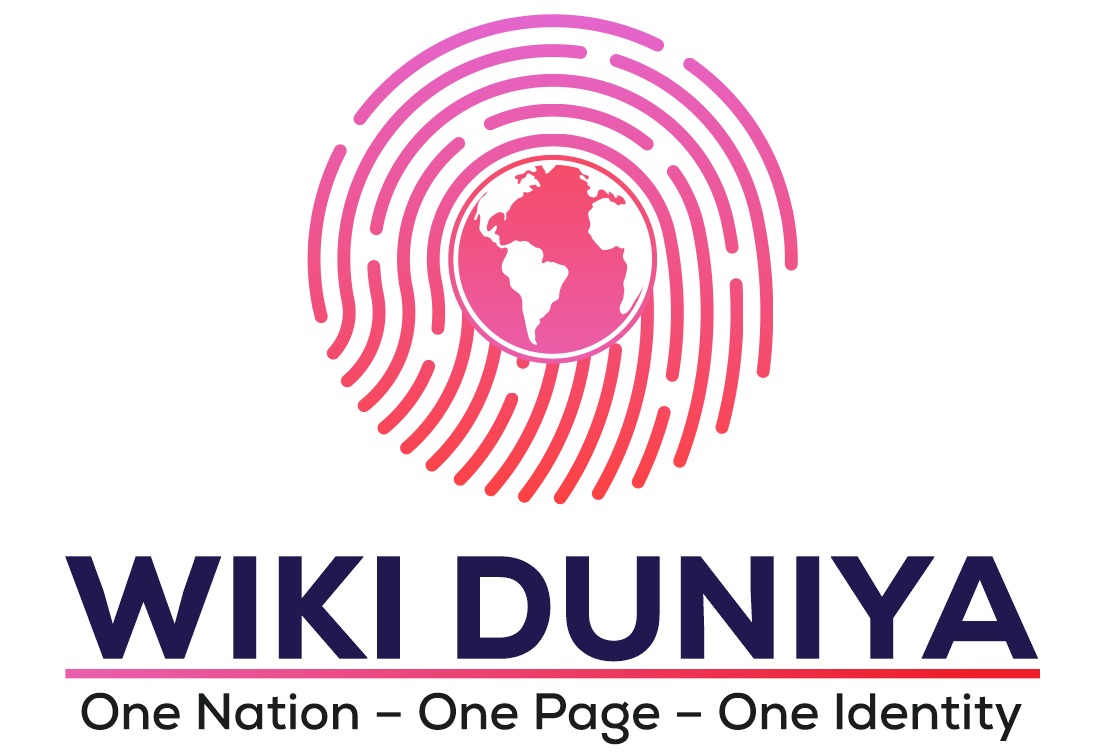
Personal Branding Tips for Doctors and Healthcare Workers
Introduction
For doctors and healthcare workers, trust is the foundation of every patient relationship. In India’s fast-changing medical landscape, patients are not only relying on hospital recommendations but also checking a doctor’s background online before booking an appointment.
From general practitioners to specialists, from physiotherapists to nurses, a strong personal brand can create lasting credibility.
In today’s digital age, personal branding is not just for celebrities or entrepreneurs — it’s an essential career tool for healthcare professionals who want to stand out, connect with patients, and build a solid reputation.
1. Understanding Personal Branding in Healthcare
Personal branding is the way you present yourself to the public, both online and offline. For healthcare workers, this means shaping how patients, peers, and even potential employers perceive you.
It’s about creating a consistent image of professionalism, compassion, and expertise.
A well-managed personal brand can position you as a trusted expert in your field, whether you are a cardiologist, dentist, lab technician, or nurse.
2. Building Trust Through Transparency
In healthcare, trust is everything. Patients want to know they’re in capable hands. Your online profile should clearly state your qualifications, years of experience, areas of specialisation, and any certifications.
Sharing real stories of patient success (with consent), highlighting community service, or featuring awards and recognitions can strengthen this trust. Avoid exaggerated claims; instead, focus on clear, factual, and verifiable information.
3. Highlighting Your Specialisation
Healthcare is vast, and patients often seek specialists for specific needs. If you are a dermatologist, paediatrician, physiotherapist, or mental health counsellor, your profile should make it obvious. Mention treatments, procedures, or therapies you are known for. For example, a nutritionist could list experience in diabetic meal planning, while an orthopaedic surgeon could highlight expertise in sports injury recovery. Specificity makes it easier for patients to find you.
4. The Role of Digital Profiles
A professional web page or verified digital profile acts as your online identity. It can include your professional photo, bio, clinic address, qualifications, achievements, and links to published research or articles. Many doctors also include a secure appointment booking form.
For healthcare workers who work in hospitals, such a profile helps patients and colleagues remember you, especially in large institutions where hundreds of staff are present.
5. Using Social Media Wisely
While social media can be a powerful tool for engagement, healthcare professionals need to maintain ethical boundaries. Posting informative content — such as health tips, myth-busting posts, or awareness campaigns — can help position you as a knowledgeable and approachable figure. However, avoid sharing confidential patient details, unverified medical claims, or anything that could be perceived as insensitive. Consistency matters: posting once a week is better than disappearing for months.
6. Educating Through Content
Content creation is one of the most effective ways to strengthen your personal brand. Writing articles, recording short videos, or participating in online Q&A sessions can demonstrate expertise.
For example, a gynaecologist could create a video on prenatal nutrition, while a physiotherapist could post a short exercise routine for back pain relief. When people repeatedly see your helpful advice, you become their go-to source for that topic.
7. Leveraging Patient Testimonials
Nothing builds credibility like the voice of a satisfied patient. If patients are willing, request short testimonials and feature them on your profile. Video testimonials can be particularly powerful.
In India, where word-of-mouth recommendations still carry great weight, displaying positive patient experiences online can significantly influence new patients.
8. Participating in Community and Health Events
Taking part in health camps, awareness drives, or charity medical initiatives is not only good for society but also strengthens your professional image.
Sharing these moments on your profile — while focusing on the event’s impact rather than self-promotion — shows that you care about community well-being, not just your own practice.
9. Maintaining Professional Ethics Online
The Medical Council of India and other health authorities have guidelines on ethical conduct. While personal branding encourages visibility, it should never cross into unethical territory. Avoid making treatment guarantees, comparing your success rate to others, or advertising in a way that could be seen as misleading.
Stick to sharing verified facts, offering educational value, and keeping patient dignity intact.
10. Keeping Your Profile Updated
Medical science evolves rapidly, and so should your online presence. If you attend a new workshop, gain a certification, or start offering a new treatment, update your profile immediately.
An outdated profile creates doubt in a patient’s mind about whether you’re keeping up with the latest advancements.
11. Personal Branding for Healthcare Workers Beyond Doctors
While doctors are often the focus of personal branding discussions, nurses, lab technicians, physiotherapists, and nutritionists also benefit greatly from it.
For instance, a nurse specialising in critical care could create a profile to highlight experience in ICU settings, training in emergency response, and participation in hospital improvement projects.
This can open doors for promotions, specialised roles, or international opportunities.
Conclusion
For doctors and healthcare workers, personal branding is not about self-promotion — it’s about making your professional identity accessible, trustworthy, and clear. Patients are more informed than ever before and often choose healthcare providers based on the information they find online. A strong personal brand ensures that when someone searches for your name, they see your qualifications, values, and commitment to care. In a profession where lives are literally in your hands, the trust you build through personal branding can make all the difference.




